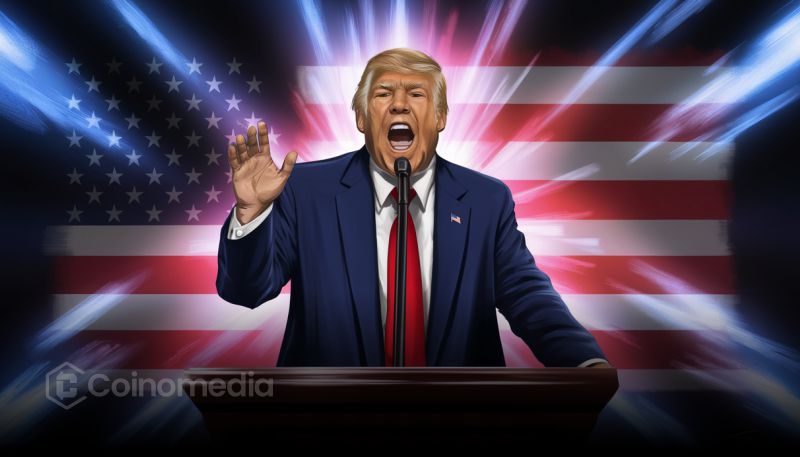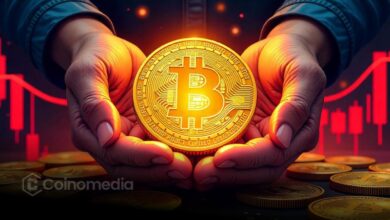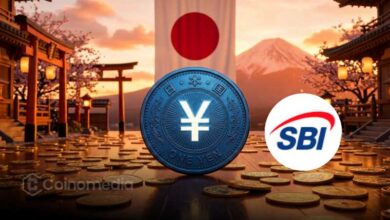Trump’s Tariffs Mark Biggest US Tax Hike Since 1968
JPMorgan reports Trump’s tariffs as the largest US tax increase since 1968, with broad impacts on consumers and the economy.

- JPMorgan labels Trump’s tariffs as historic tax hikes
- Tariffs may indirectly affect everyday consumer prices
- Economic and political implications are wide-reaching
A Historic Shift in U.S. Tax Policy
JPMorgan has just made headlines by declaring that former President Donald Trump’s tariffs represent the largest U.S. tax increase since 1968. This bold statement highlights the far-reaching economic implications of tariff-based strategies on global trade and domestic pricing. According to the banking giant, while tariffs are often viewed as a tool of foreign policy or economic protectionism, their financial impact on American consumers and businesses resembles a sweeping tax hike.
The tariffs, largely aimed at imports from China and other major trade partners, were initially introduced to bring manufacturing jobs back to the U.S. and reduce the trade deficit. However, JPMorgan’s analysis suggests that the financial burden ultimately lands on American households, as businesses often pass the increased costs of imports down to consumers.
How Tariffs Function as a Tax on Americans
Tariffs may not show up directly on your tax bill, but their effects are very real. When imported goods become more expensive due to tariffs, U.S. companies typically raise prices to cover the added cost. From electronics and clothing to food and furniture, these increased costs hit consumers across the board.
JPMorgan’s framing of the tariffs as a tax hike shines a light on this indirect taxation method. The bank estimates that the average American household may be paying hundreds more per year due to these policies — a hidden cost that doesn’t show up on traditional tax records but impacts purchasing power nonetheless.
Political and Economic Ramifications
The discussion around Trump’s tariffs goes beyond just economics — it has deep political undertones, especially in an election year. Supporters argue that these tariffs are necessary to protect American jobs and industries. Critics, including analysts like those at JPMorgan, warn that such policies can backfire by sparking trade wars and hurting U.S. competitiveness globally.
As talks around tariff policy continue into 2025, this revelation from JPMorgan is likely to reignite debates on how the U.S. engages with the global economy and balances protectionism with consumer impact.



